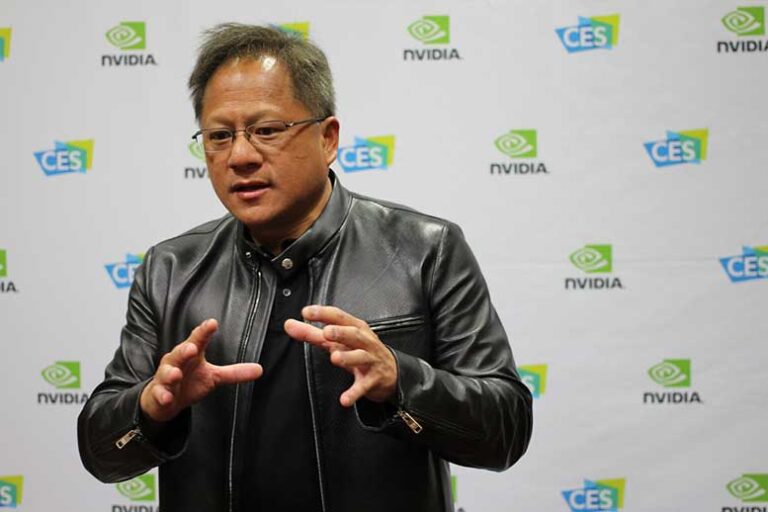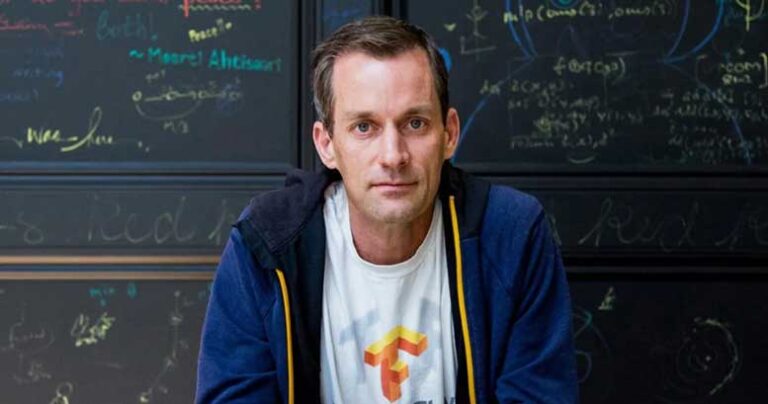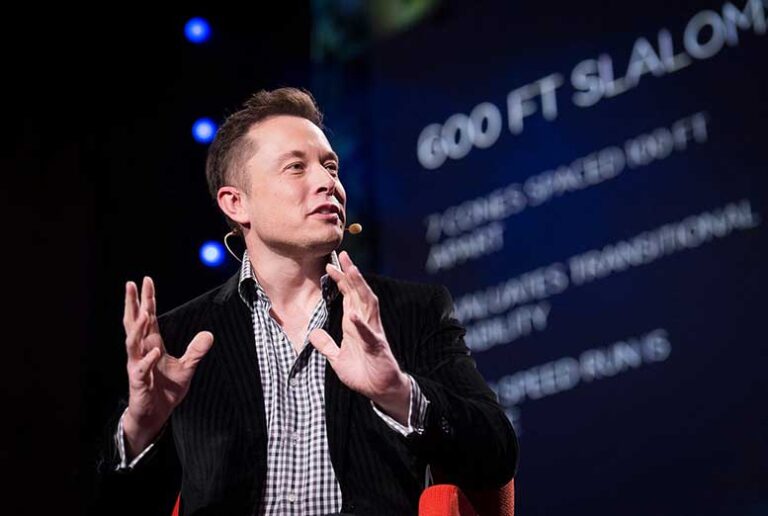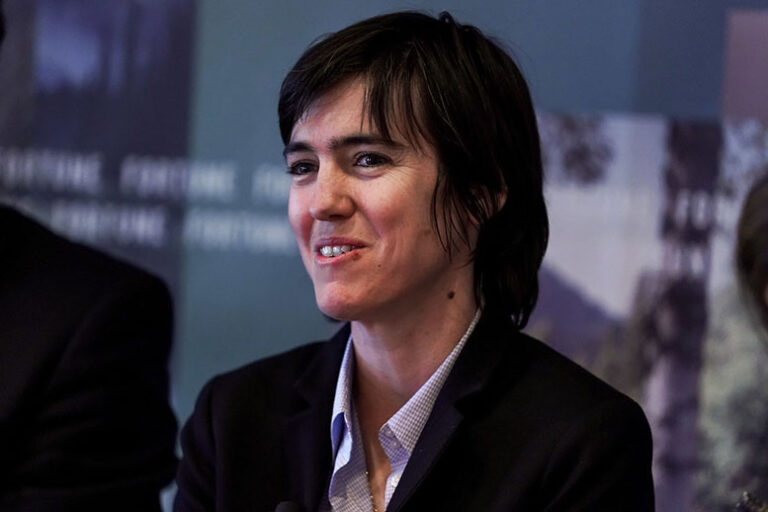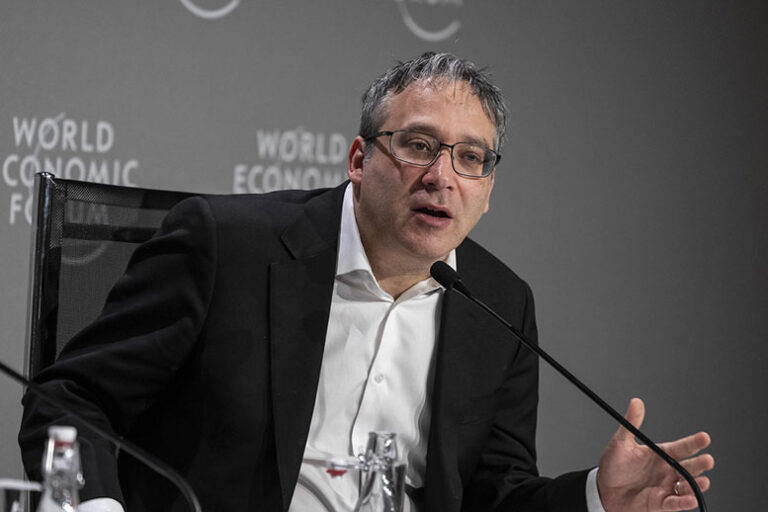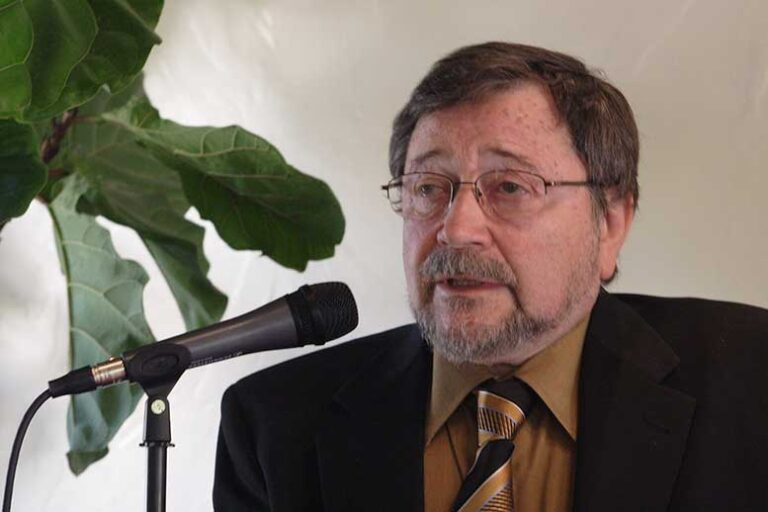Geoffrey Hinton
Geoffrey Hinton is a renowned computer scientist and researcher in the field of artificial intelligence. He's considered one of the pioneers of deep learning and neural networks, and his work has significantly contributed to the advancement of AI technology.
Geoffrey Hinton is a British-Canadian computer scientist and cognitive psychologist known for his work on artificial neural networks. Born in 1947, Hinton’s career has been marked by significant contributions to the field of artificial intelligence.
Hinton started his career studying psychology at the University of Cambridge. He later earned a Ph.D. in artificial intelligence from the University of Edinburgh.
His early research focused on understanding how the human brain works, which laid the groundwork for his later work on neural networks.
In the 1980s, Hinton, along with David Rumelhart and Ronald Williams, developed the backpropagation algorithm, a crucial method for training neural networks. This breakthrough significantly advanced the field of artificial intelligence.
Hinton’s career took a new direction when he joined Google in 2013, after his company, DNNresearch Inc., was acquired.
As part of Google Brain, he continued his research on deep learning and made significant contributions to the company’s AI projects.
However, in 2023, Hinton made the decision to leave Google, expressing concerns about the potential risks of artificial intelligence
Key Contributions to Artificial Intelligence
Geoffrey Hinton’s main work centers on deep learning. This is a type of machine learning that uses networks with many layers to “learn” from large amounts of data. Hinton was a key figure in developing ways to train these networks effectively.
One of his most important contributions is the backpropagation algorithm. This is a method for adjusting the connections between the layers of a neural network as it learns.
Backpropagation made it possible to train much larger and more complex neural networks than before.
Hinton also did important work on artificial neural networks. These are computer systems inspired by the human brain.
He helped improve how these networks work and learn. His research on neural networks has had a big impact on many areas of AI, including image recognition, speech recognition, and language processing.
Career and Achievements
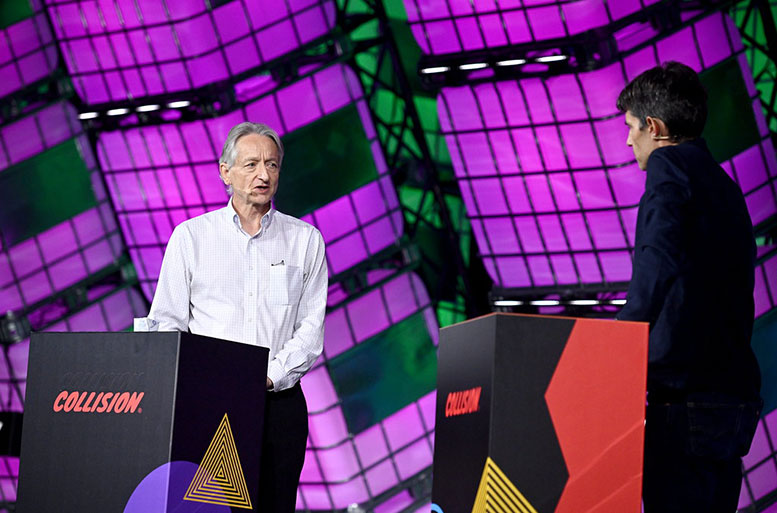
Geoffrey Hinton has had a long and successful career in academia and industry. He has taught at several universities, including the University of Edinburgh where he received his Ph.D. in artificial intelligence, Carnegie Mellon University, and the University of Toronto, where he is a professor emeritus.
Hinton has received many awards and accolades for his contributions to the field of artificial intelligence, including the Turing Award, often called the “Nobel Prize of computing.”, in 2018.
Hinton’s time at Google was also important. He helped build Google Brain, a team focused on artificial intelligence research. His work at Google led to advances in many AI products and services.
Concerns and Future Outlook
In recent years, Geoffrey Hinton has expressed worries about the potential risks of artificial intelligence. He has talked about the possibility of AI becoming so powerful and intelligent, that it could pose a threat to humans.
Some of his concerns include the spread of fake information, job loss due to automation, and the development of autonomous weapons.
Hinton believes it is important to study the risks of AI and to develop ways to control it. He has called for more research into AI safety and for governments to create rules about how AI can be used.
Despite his concerns, Hinton still sees great potential in AI. He thinks AI can be used to solve many of the world’s problems, such as climate change and disease.
He hopes that with careful planning and development, AI can be a force for good.
